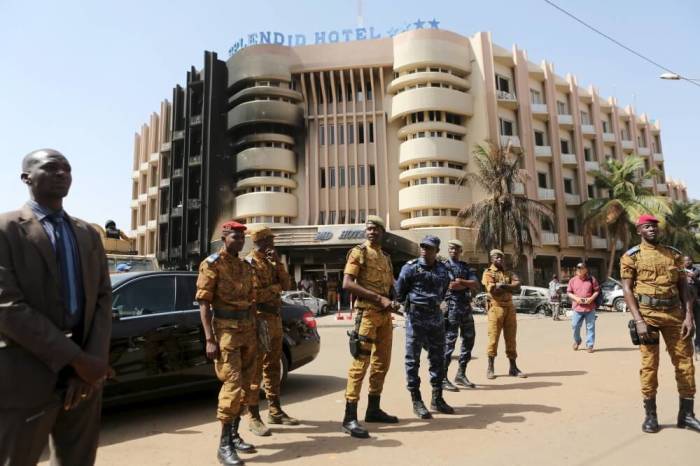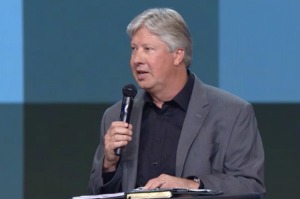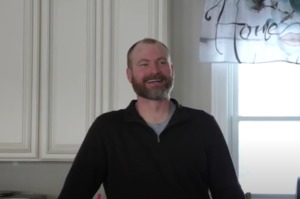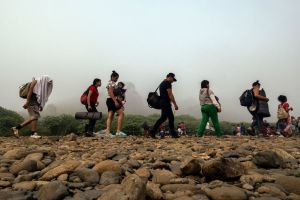UN stepping up response in Burkina Faso as displacement rose by 1,200% in 2019

The United Nations will step up relief efforts in Burkina Faso amid a 1,200 percent increase in forced displacement while some are concerned that the Trump administration could reduce U.S. troops in violence-ridden West Africa despite the president’s vows to defeat the Islamic State.
The U.N. High Commissioner for Refugees Chief, Filippo Grandi, visited displaced people across the Sahel region (dry land below the Sahara desert) of Africa this week, meeting with widows and children who lost loved ones to Islamic extremism in the region.
Grandi met displaced populations in Burkina Faso, Mauritania and Niger. Those nations are among the West African countries dealing with the rise of extremist groups, some of which are affiliated with the Islamic State and al-Qaeda affiliates that are sheltering terrorists fleeing the Middle East.
Grandi’s visit comes as over half a million people are estimated to have been forcibly displaced in the underdeveloped country of Burkina Faso. The once peaceful country has seen an exponential rise in terror attacks committed by radical groups since 2016.
Violence increased exponentially in Burkina Faso in 2019. Hundreds were killed. In one reported attack last December, 14 were murdered by gunmen who stormed a Sunday church service in eastern Burkina Faso. Most recently, 20 civilians were killed in an overnight attack in northwestern Burkina Faso last Saturday.
According to the UNHCR, the number of people forced to flee their homes in Burkina Faso rose 10-fold in 2019. According to Grandi, 90 percent of the displaced people he saw were mostly women and children.
Grandi heard stories from survivors of the “most horrifying violence” that includes the killing of men and boys by armed groups that raid villages at night.
“After the men and the boys are killed, often they destroy homes and schools,” Grandi said. “The women are obliged to flee, often alone with no means and to take refuge in villages in safer areas, often they are displaced many times.”
One of the women displaced by the violence is Rinata Baguigna.
She told UNHCR about how she watched militants kill 10 of her family members. She said that when the extremists left, she buried the dead. The next morning, she fled with her five children.
“The women are so affected. They jump at the slightest noise,” Baguigna was quoted as saying. “They have nightmares … Their husbands killed in front of them — and then some were raped.”
UNHCR interviewed one village chief named Hamidou Billagra who was forced to abandon his village.
"For us, they're the same people, those who come to steal, those who come to kill, it's the jihadists," he said.
"Most of my family have made it here but they have nothing to eat. We sleep outside and have to keep some of our belongings outside too."
The UNHCR warns that the needs of the displaced are greater than one of the world's poorest countries can handle.
"These people basically have nothing," Grandi said.
About 90 percent of those displaced in Burkina Faso are living with host families in larger communities, the UNHCR reports. Many host communities lack water and food.
The UNHCR and its partners have distributed about 7,000 shelters in Burkina Faso but estimates suggest that at least 28,000 more are needed. The UNHCR said that it is less than 70 percent funded for Burkina Faso.
Grandi said that “rich countries” like those in Europe tend to think of the crises in Africa in terms of how they relate to their own national security — whether they will be impacted by increased migration or the spread of terrorism.
“What needs to be understood is that the emergency is here,” Grandi said. “This is where people suffer first and foremost. This is where women are raped and children are killed. An entire generation is missing out on the school year. This is really where we need to intervene with more resources urgently.”
Grandi contends that the world must intervene “before this crisis becomes unmanageable.”
The rise of extremism in the Sahel region has coincided with the influx of Islamic State fighters fleeing from the Middle East into Africa after territorial defeat in Iraq and Syria.
According to a 2018 report from the Combatting Terrorism Center at the U.S. Military Academy at West Point, there could be as many as 6,000 Islamic State-aligned militants spread over nine cells in Africa.
U.S. lawmakers on both sides of the aisle raised concern after it was reported that the Pentagon is considering a drawback of troops from within the United States Africa Command.
The Pentagon is in the midst of a review of global U.S. troop positioning as it tries to better align with the National Defense Strategy to focus more attention on threats from Russia and China.
House Armed Services Committee Chair Democrat Adam Smith of Washington warned that decreasing U.S. investment in West Africa would “result in the need for the United States to reinvest at many more times the cost down the road.”
Republican Sen. Lindsey Graham of South Carolina joined up with Democrat Chris Coons of Delaware to send a joint letter to Defense Secretary Mark Esper on Jan. 16 about the need for U.S. presence in West Africa.
In addition to the violence in Burkina Faso, extremist violence has also impacted other West African countries, such as Cameroon, Niger, Mali, and Nigeria.
As one of Trump’s campaign promises in the 2016 election was to defeat the Islamic State, the Coons-Graham letter warned that there are at least a dozen terror groups with ties to the Islamic State or al-Qaeda in Africa.
They stressed that European partners like France rely on U.S. intelligence and logistic support for their counterterror operations in West Africa.
“A reduction at this time would counter the intent of the NDS which states as one of its goals to ‘bolster existing bilateral and multilateral partnerships and develop new relationships to address significant terrorist threats that threaten U.S. interests and contribute to challenges in Europe and the Middle East,’” Coons and Graham wrote.
Last Thursday, Esper told reporters that the U.S. is not going to “totally withdraw” troops from Africa and stressed that no decisions have yet been made.
“I know the inclination is whenever someone says ‘review,’ the word that automatically pops up in their head is ‘reduction,’” Esper said. “It is a rebalancing.”
Esper explained that some regions will see an increase of troops as a result of the review while others won’t see any change and some will see a decrease.
In January, West African leaders called on the U.S. to stay in the fight.
Togo President Faure Gnassingbé told The Washington Post that thousands of fighters from the Middle East have reached West Africa since the U.S.-led defeat of the Islamic State in Iraq and Syria under the Trump administration. Togo is one of four countries that borders Burkina Faso to the south.
Gnassingbé refuted Trump’s claim that the Islamic State has been defeated.
“Look at the recent attacks,” Gnassingbé said. “More professional, more powerful, and the consequences are devastating.”
U.S. officials who spoke on the condition of anonymity told The Washington Post last month that Islamic State and al-Qaeda affiliates are trading advice on how to build explosives, collect taxes and recruit.
Senegal President Macky Sall told the newspaper that terrorists are building networks from “Libya to Niger” and are striving to take over an expansive region.
“[I]t takes a collective effort — America, Europe, Africa — to oust terrorism,” Sall said.
Follow Samuel Smith on Twitter: @IamSamSmith
or Facebook: SamuelSmithCP





























